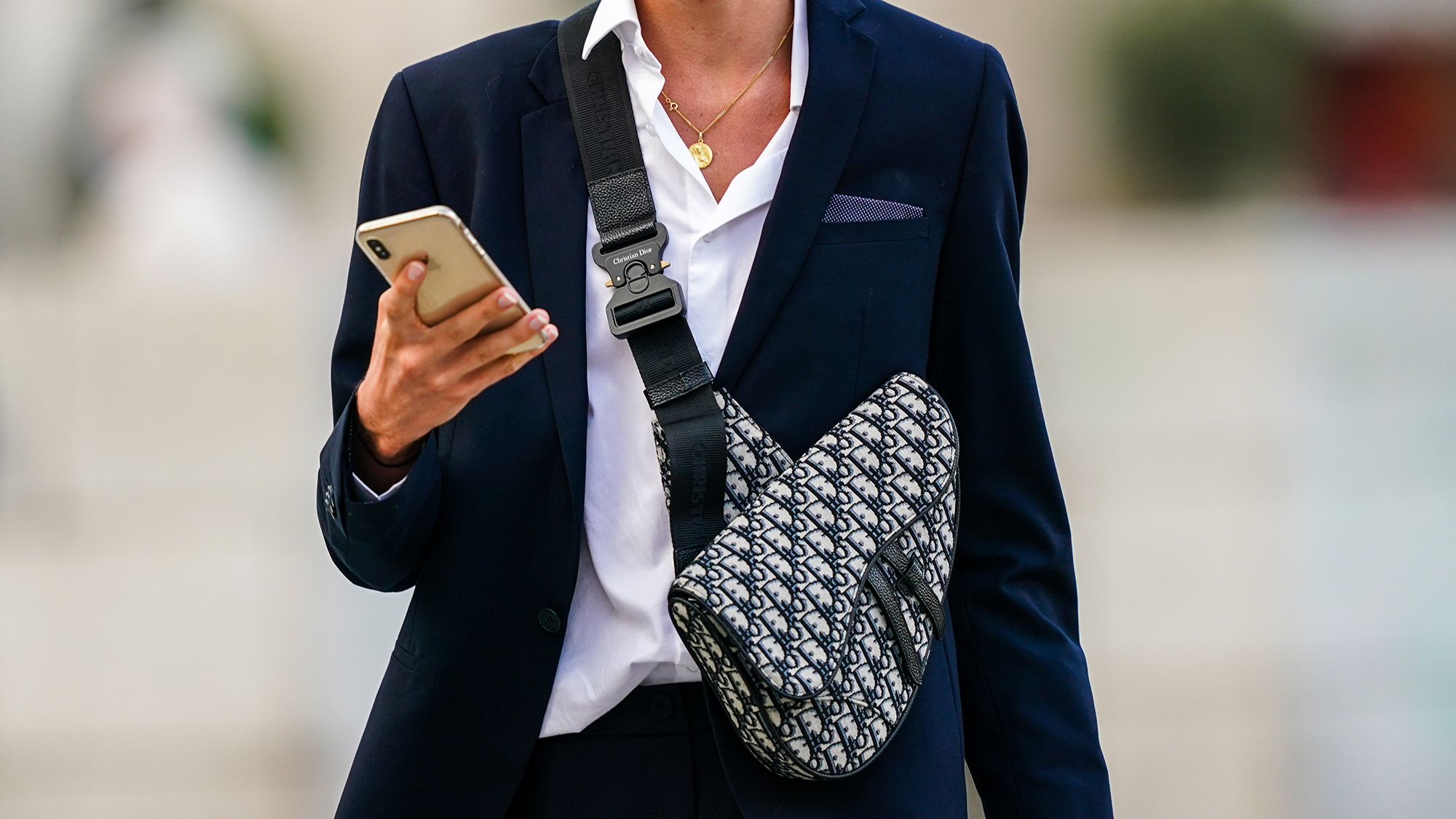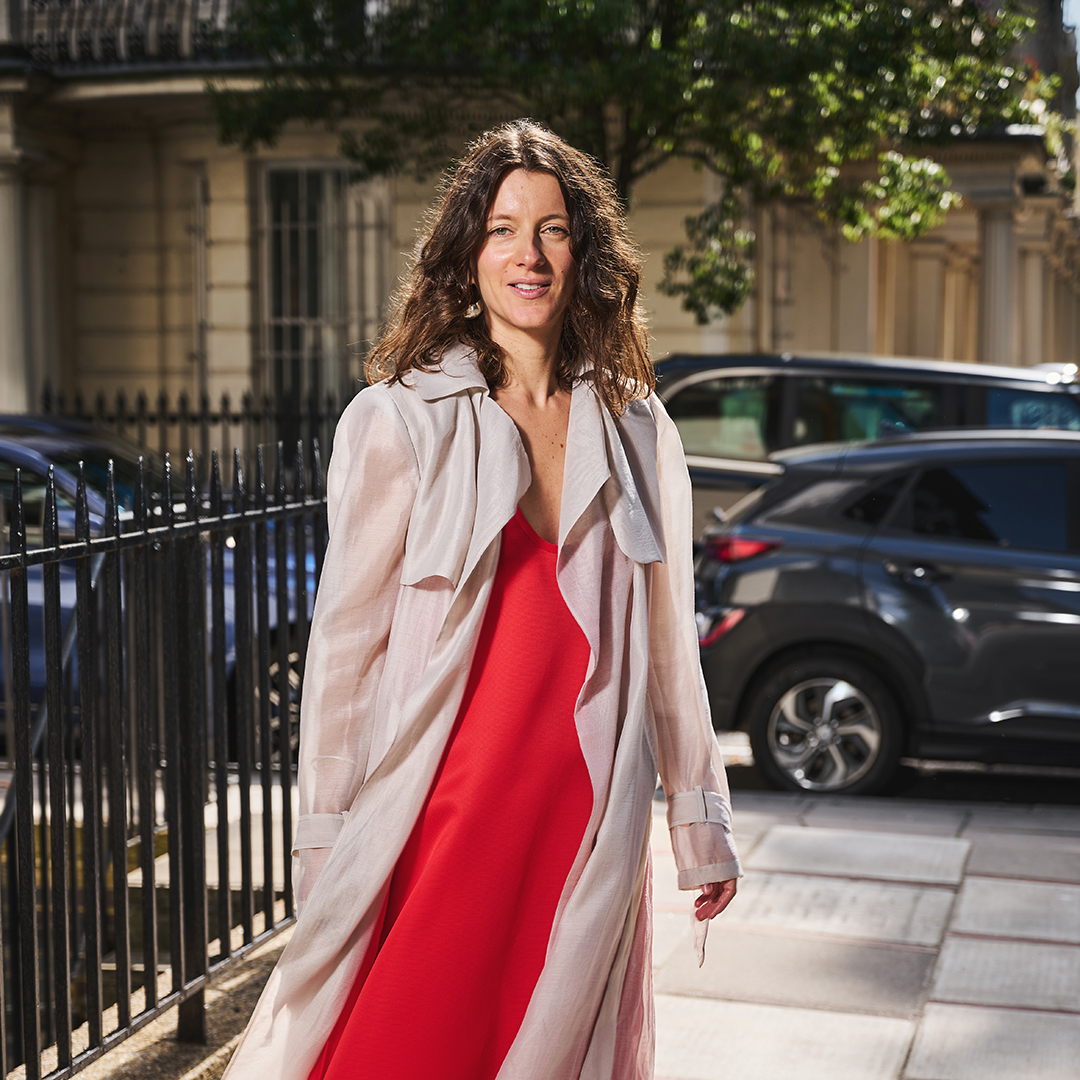How these fashion brands are adapting to a post COVID world


It's no secret that the pandemic has hit the fashion industry as much as everywhere else. Not only have brands had to survive the economic consequences of a lockdown, they need to navigate our new shopping habits in a world where our priorities have changed.
But some small fashion labels are rising to the challenge. Here, Sara King Moura, brand consultant, PR and buyer, shares how some of the brands she works with have adapted.
Naturae Sacra handbags
Because we got hit during the AW20 Presentation in Paris, all of our Buying and PR meeting were cancelled. As a small independent brand, we knew we had to act fast in order to manage the impact of an nonexistent presentation, something awful for bigger and well stablished brands but certainly deadly for emergent ones. We took matters into our own hands and jumped immediately to a less orthodox presentation.
Within 36 hours we flew everything from Paris and built our showroom in Naturae Sacra HQ in Izmir, Turkey and shot an entire brand and product presentation. Buyer and press relationships are important so I advised the brand to invest a little more time in building something personal, even though it was virtual.
Our primary concern is still the consumer and we knew that our product category would suffer quite a lot - ultimately, handbags are not the kind of product you keep buying when dealing with a pandemic. We needed to educate our consumer on a deeper level, so focused on social and environmental sustainability, two major concerns for Naturae Sacra.
So we shared everything on Instagram. We went to our small production site and shot the people behind our brand, did tutorials on our vegetable leather sourcing day, on our water based resin handles, handcrafted by three special and skilled women that only do that. We also collaborated with artists, cooks and musicians as part of our #naturaelovesart to build a community and share content that would benefit their wellbeing.
A-line clothing
Being a brand with a very small and transparent small chain (only four people), it was able to pause without too much consequence. The size of the brand isn’t always the true mirror of its ability to react to different scenarios. We do know that bigger brands are often slower to regroup due to larger supply chains.
Celebrity news, beauty, fashion advice, and fascinating features, delivered straight to your inbox!
A-line understood that the amount of materials and fabric it had planned for AW20 Orders would be unviable from that point on - predicting order cancellations or payment reductions. As a brand that wants to achieve the 100% Green Stamp by 2025, its aim was to not only recycle the materials allocated for AW20, but to go further and include those for SS21. So they started working backwards, developing products out of the fabric and colours that had already been allocated, rather than waste it.
Balluta Shoes
The emergent contemporary footwear wanted to focus on developing its vegan leather even more, after the pandemic brought even more focus on the environmental impact the industry has. They took time to source differently and smartly so they could become 100% vegan, something that would normally take a few seasons to do effectively. It has now become PETA certified, a partnership it is eager to work on from AW21 onwards.
Azulmalin jewellery
This jewellery brand was actually born during the high peak of the pandemic - which changed the business plan a lot. Working on the launch, the goal wasn’t aesthetics or visuals, but a jewellery brand that was distinctive and raw. It is made from 100% recycled silver, from unwanted jewellery, medical equipment or recycled silver from electronics. The brand acknowledges a deep and rooted change in the fashion calendar, and creates a made-to-order economy.

Penny Goldstone is the Contributing Fashion Editor at Marie Claire UK. She writes about catwalk trends and the latest high street and Instagram sartorial must-haves. She also helms the Women Who Win franchise.
She has worked in fashion for over 10 years, contributing to publications such as Cosmopolitan, Red, Good Housekeeping, and Stylist.